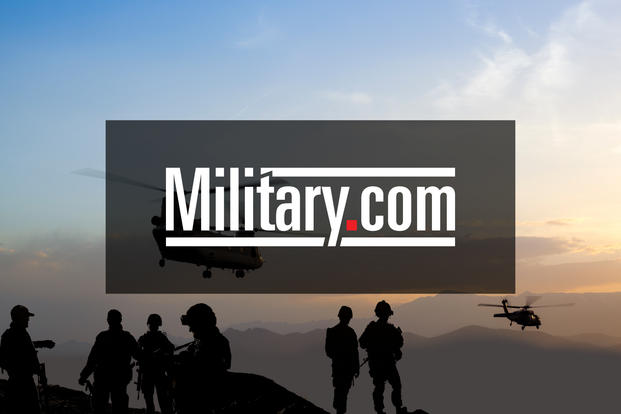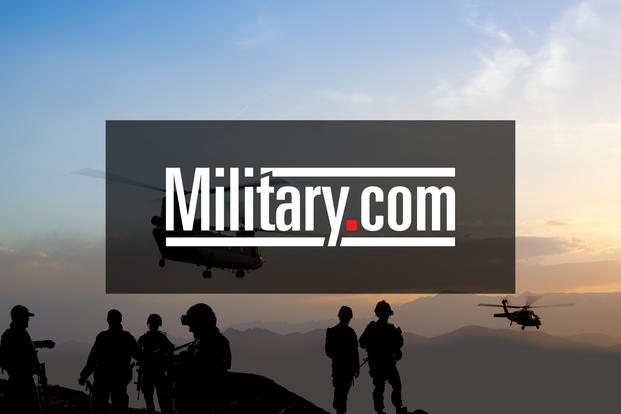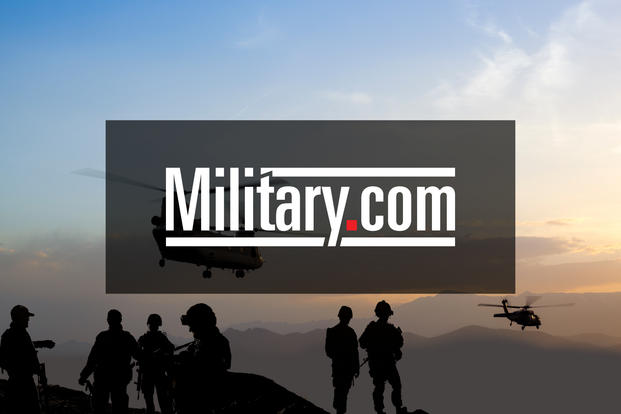Russian President Vladimir Putin vowed Monday to hit back at terrorists and step up Russia's involvement in Syria's civil war in response to the assassination in Ankara of Russia's ambassador to Turkey.
"This murder is clearly a provocation aimed at undermining the improvement and normalization of Russian-Turkish relations, as well as undermining the peace process in Syria promoted by Russia, Turkey, Iran and other countries interested in solving this conflict in Syria," Putin said in Moscow. "The only response we should offer to this murder is stepping up our fight against terror."
Putin spoke hours after a well-dressed gunman shouting "don't forget Aleppo" shot and killed Andrei Karlov, Russia's ambassador to Turkey, in an attack that could have wide-ranging implications for Syria's civil war and the U.S. campaign against ISIS.
Several other persons were wounded in the attack by the gunman wearing a black suit and tie, who reportedly fired at least eight shots before he was killed by Turkish first responders at a city gallery opening of a photography exhibition.
Videos of the shooting showed Karlov speaking at a lectern when he was shot several times in the back and then lay motionless, face up on the floor. The gunman, reportedly an off-duty Turkish police offer, then waved a handgun in his right hand and shouted, "Allahu Akbar (God is great)!"
The gunman then recited a verse of a poem, "We are those who have pledged jihad to Mohammed." He went on to say, "Do not forget Aleppo. Do not forget Syria. So long as these people have no security, you will not enjoy security in your homes. Those who have a hand in this oppression will pay the price, one by one."
Turkish officials later identified the gunman as 22-year-old Mevlüt Mert Altıntaş and said he was a Turkish national and member of the Turkish riot police. Turkish authorities detained Altintas' father, mother and sister and were said to be investigating whether Altintas had connections to the "Gulenist movement."
The reference was to followers of Fethullah Gulen, a Muslim cleric and former ally of Turkish President Recep Tayyip Erdogan who has been blamed by Erdogan for fomenting the failed military coup in Turkey last summer.
The extradition of Gulen, now living in exile in Pennsylvania, has been demanded by Erdogan. The U.S. State and Justice Departments have said that the extradition request was under consideration, but Gulen was entitled to due process under U.S. law.
Erdogan conferred by phone with Putin immediately after the shooting and said later on Turkish TV that Karlov's assassination was "a provocation to damage the normalization process of Turkish-Russian relations. But both the Russian and Turkish administrations have the determination not to fall for this provocation."
The killing came as Turkey's foreign minister, Mevlut Cavusoglu, was enroute to Moscow for meetings with Russian Foreign Minister Sergei lavrov and Iranian Foreign Minister Javad Zarif on the way forward in Syria following the fall of Aleppo to forces of the Syrian regime of President Bashar al-Assad with the backing of Russia.
The U.S. Embassy in Ankara, which was close to the scene of the shooting, immediately went on lockdown and U.S. citizens were warned to stay away from the area.
In a statement, Secretary of State John Kerry, said, "The United States condemns the assassination today in Ankara of Russian Ambassador Andrei Karlov."
Kerry added, "We stand ready to offer assistance to Russia and Turkey as they investigate this despicable attack, which was also an assault on the right of all diplomats to safely and securely advance and represent their nations around the world."
There was no immediate response from Turkey or Russia to the U.S. offer of help in the investigation.
In Hawaii, where President Barack Obama was on Christmas vacation, National Security Council spokesman Ned Price said: "Our thoughts and prayers are with the families and loved ones of Ambassador Karlov and the other victims, and we offer our condolences to the Russian people and Government."
The president added, "This heinous attack on a member of the diplomatic corps is unacceptable, and we stand united with Russia and Turkey in our determination to confront terrorism in all of its forms."
At the Pentagon, Press Secretary Peter Cook also condemned Karlov's assassination and suggested that it would have no impact on the anti-ISIS campaign in Syria now focused on a U.S.-backed offensive against Raqqa, the self-proclaimed ISIS capital in northeastern Syria.
"We've had close coordination with our Turkish counterparts at every step of the fight," Cook said, but U.S. military officials have repeatedly warned of their concerns about Turkish intentions toward the Syrian Kurdish militia known as the YPG, or People's Protection Units.
The YPG is the leading force in the mixed Arab and Kurdish Syrian Democratic Forces which are now moving on Raqqa. Erdogan has labeled the YPG a terrorist group and the Turkish military has repeatedly attacked them.
A senior U.S. military official, speaking on background to Pentagon reporters earlier this month, said that the YPG was more worried about the Turkish forces behind them than the Islamic State of Iraq and Syria fighters ahead of them in the drive on Raqqa, "The Turks hate what we're doing" in support of the YPG, the senior official said.
-- Richard Sisk can be reached at Richard.Sisk@Military.com.































